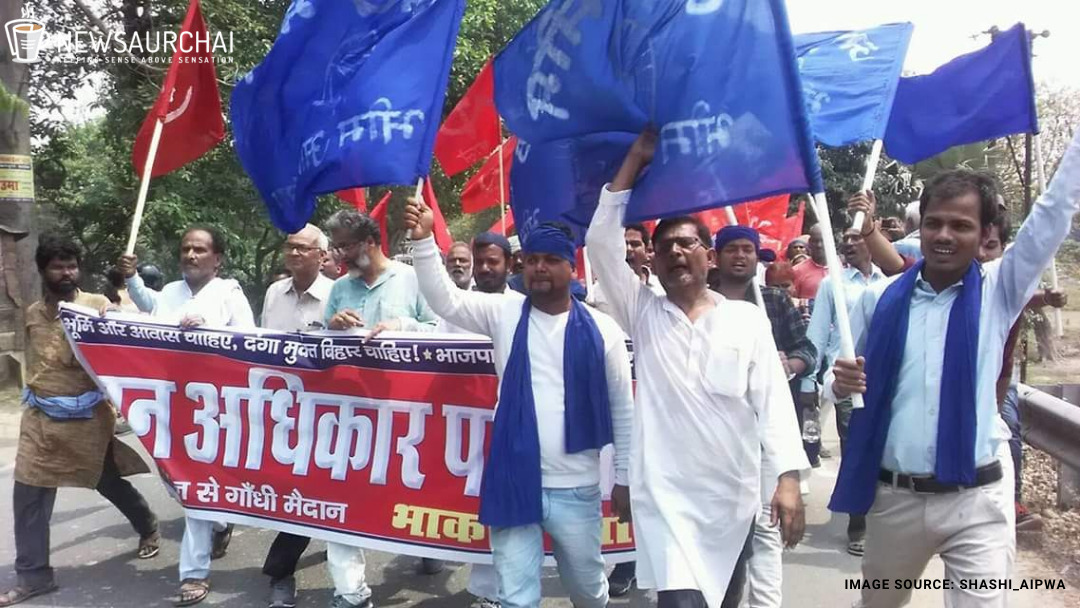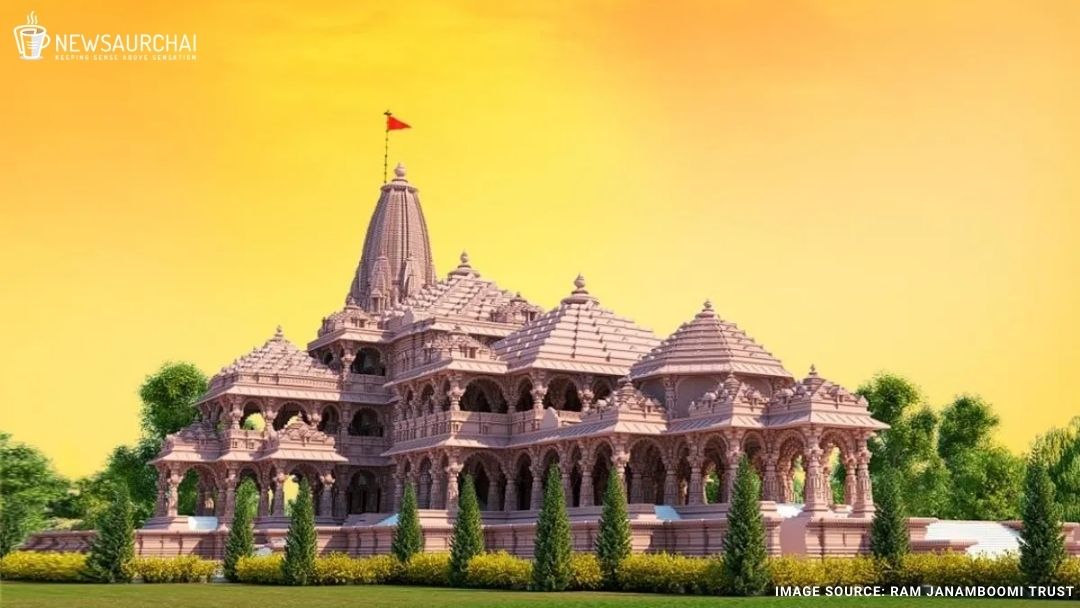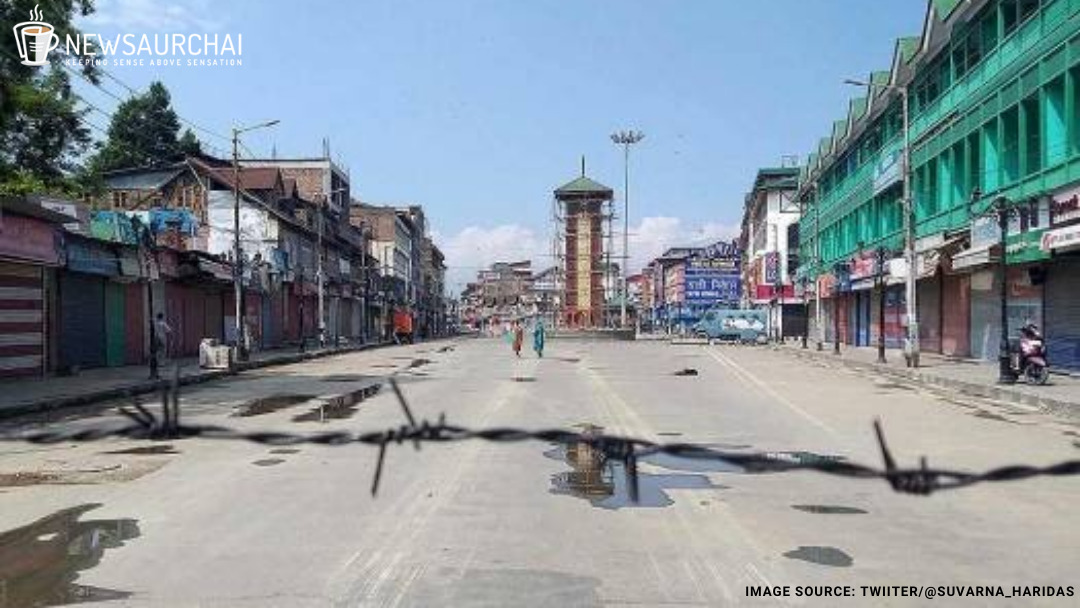
The Government of India, recently, claimed in an answer to the MPs of Rajya Sabha, that according to research, many states have conviction rates that are even lower than 1%.
In the year 2019, there were a total of 41,793 incidences of crime or atrocities against Dalits and 7815 cases of crime against tribal people. According to the report, only 44 out of 6540 cases of crimes or atrocities against Dalits in Bihar have been proven factual in trial courts. The STs filed a total of 97 cases under the SC-ST Act, but only two were judged to be true.
The conviction rate was 0.67 percent for men and 2.06 percent for women. It also stipulates the state with the most cases of crime against SCs is Uttar Pradesh, with 9451 cases, or 22.61 percent of all such cases in the country. Rajasthan comes in second with 6659 cases (15.9% of total cases), followed by Bihar (15.6%), and Madhya Pradesh (12.6 percent). In the last year, the number of ST cases filed in UP has increased by 600 percent.
According to the information, 705 cases were filed, however just one case was found to be true during the trials. The conviction rate in Kerala and Karnataka is slightly more than 1%. The SC-ST Act has been used in 1,733 cases in Karnataka. The conviction rate, on the other hand, was only 1.67%. In Kerala, the average conviction rate for atrocities against Dalits and Adivasis under the PoA Act remained at 1.76%. These claims sure put the concerned legislation on spot for being exploited.
The Scheduled Castes and Scheduled Tribes (Prevention of Atrocities) Act, 1989, aimed to prohibit the atrocities committed against members of the Scheduled Castes and Scheduled Tribes, to establish Special Courts for the trial of such offences and the relief and rehabilitation of victims of such acts, and to provide for matters connected with or incidental thereto.
The number of complaints against the misuse of the same has arisen in the last few years. The apex court has had stated in the past, that the Act has been misused to submit bogus complaints to foster caste animosity, rather than blurring caste barriers, adding that, if the Atrocities Act is not brought into line, it may even “perpetuate casteism,” and the court will have to act to prevent “false implication of innocent persons along caste lines.”
However, when seen through the lens of why the Act was necessary and how well it was administered, a different image emerges. The court’s stated goal in a 2018 ruling for the Prevention of Atrocities Act, was to safeguard officers from “arbitrary arrest” and “innocent civilians” from being falsely accused in cases. But according to data from the National Crime Records Bureau (NCRB) and the Ministry of Home Affairs, low conviction rates under the Act may be due to the misuse of the provision as much as the way investigations and cases are pursued in the courts.
Those who have pushed for stricter rules under the Act argue that the low conviction rate is due to the way cases are registered and prosecuted. “Dalits are frequently the victims of discriminatory treatment in the administration of justice,” according to a Human Rights Watch report.
According to a report published in the Economic & Political Weekly, approximately half of the cases brought under the Act do not get to court and are closed by the police. It had also hinted at a “caste bias among the investigating officers.” Sthabir Khora, an assistant professor, alleges that compounding, compensation inducement, and criminal intimidation are some of the practices that tend to prevail when the complainant is from the SC/ST category.
In October 2019, the top court observed the National Crime Records Bureau, where over 47,000 cases were reported in 2016 under the Scheduled Castes and Scheduled Tribes (Prevention of Atrocities) Act. “It would be against the basic human dignity to treat all of them (SC/ST members) as a liar or as a crook person and cannot look at every complaint by such complainant with a doubt,” remarked justices Arun Mishra, M R Shah and B R Gavai.
The bench stated that if a case filed under the SC/ST Act is determined to be false or baseless, many a time. It could be due to poor investigation or other factors such as human failures, regardless of caste. Therefore, all such accounts must be taken into consideration before making an informed decision to serve justice.
The bench had also added, “All humans are equal including in their failings. To treat SCs and STs as persons who are prone to lodge false reports under the provisions of the Scheduled Castes and Scheduled Tribes Act for taking revenge or otherwise as monetary benefits made available to them in the case of their being subjected to such offence, would be against fundamental human equality.”





